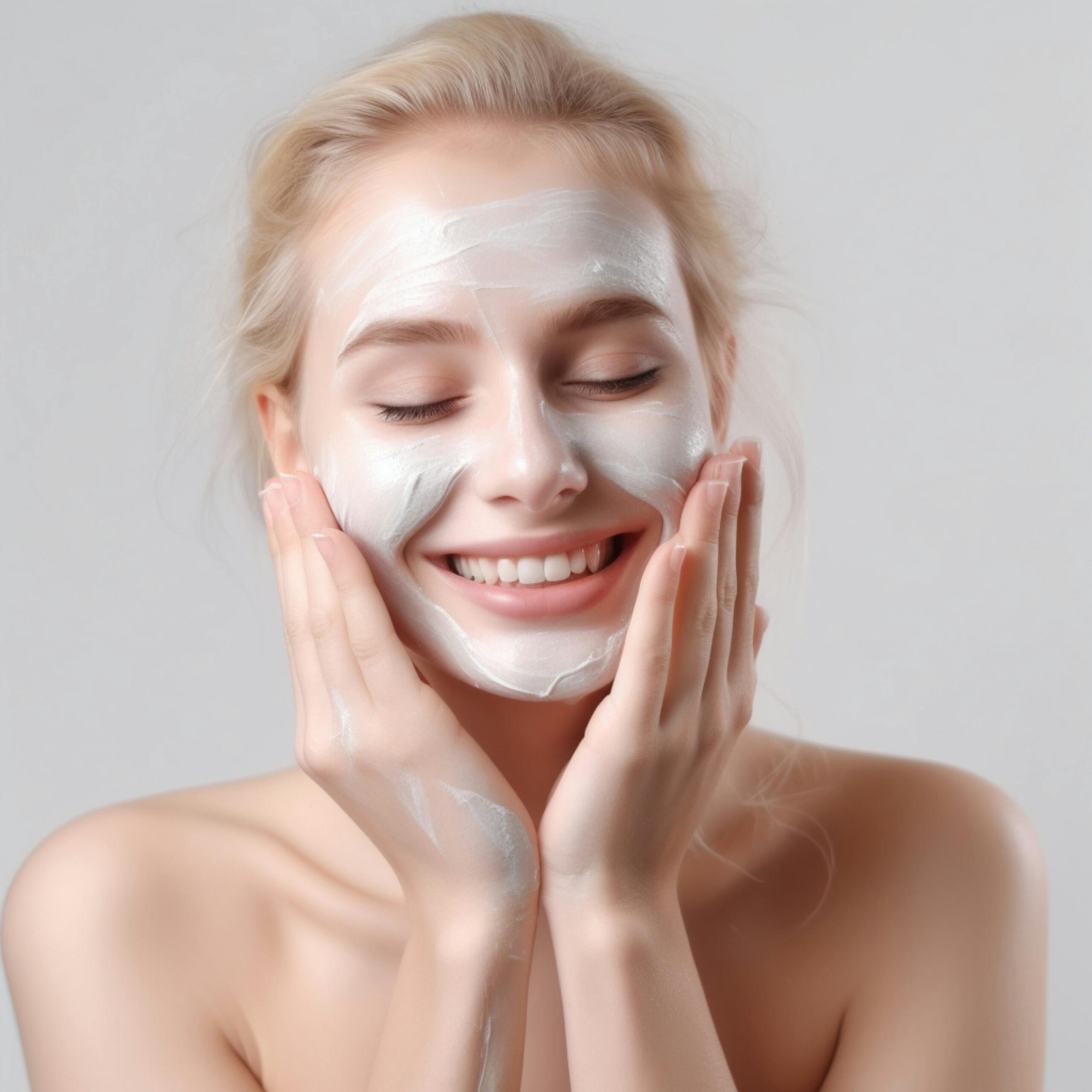As temperatures drop and cold winds blow, your skin faces unique challenges during winter. The lack of humidity, indoor heating, and exposure to harsh weather can leave your skin feeling dry, tight, and flaky. Without proper care, this seasonal shift can lead to discomfort and even exacerbate skin conditions like eczema or rosacea. Fortunately, with the right hydration strategies, you can keep your skin glowing, soft, and healthy throughout the chilly months.
Here’s how to winter-proof your skin with effective hydration tips tailored for the cold season.
1. Upgrade Your Moisturizer
During winter, your lightweight, summer-friendly moisturizer might not be enough to combat dryness. Opt for richer, more emollient creams that provide deep hydration and create a protective barrier against the elements.
What to look for in a winter moisturizer:
- Ingredients like hyaluronic acid, ceramides, and glycerin for hydration.
- Occlusive agents like shea butter or petrolatum to lock in moisture.
- Fragrance-free formulas if you have sensitive skin.
Apply your moisturizer immediately after cleansing to seal in moisture while your skin is still damp.
2. Stay Hydrated from Within
Hydrating your skin isn’t just about what you put on it; it’s also about what you put in your body. Drinking enough water helps maintain skin elasticity and hydration levels, even in winter when thirst cues might diminish.
Hydration tips:
- Aim for at least 8 glasses of water daily.
- Incorporate hydrating foods like cucumbers, oranges, and watermelon.
- Sip on herbal teas or warm water with lemon to stay cozy while hydrating.
3. Use a Humidifier
Indoor heating can strip the air of moisture, leaving your skin parched. Adding a humidifier to your living or sleeping space helps replenish the air’s moisture content, keeping your skin hydrated.
Pro tip: Place the humidifier in your bedroom and run it while you sleep for overnight hydration benefits.
4. Don’t Skip Sunscreen
Although the sun feels weaker in winter, UV rays can still cause damage, especially when reflected off snow. Sun exposure can dry out your skin and accelerate aging.
Winter sunscreen tips:
- Choose a broad-spectrum sunscreen with SPF 30 or higher.
- Opt for a moisturizing sunscreen formula to add an extra layer of hydration.
- Reapply every two hours if you’re spending time outdoors.
5. Adjust Your Cleansing Routine
Harsh cleansers can strip your skin of its natural oils, worsening winter dryness. Switch to a gentle, hydrating cleanser to maintain your skin’s moisture barrier.
What to avoid:
- Products with alcohol or strong detergents.
- Over-cleansing, which can lead to irritation and dryness.
What to use instead:
- Creamy, non-foaming cleansers that soothe and hydrate.
- Micellar water for a gentle, no-rinse option.
6. Incorporate Hydrating Serums
Hydrating serums can provide an extra layer of moisture, delivering active ingredients that penetrate deeply into the skin.
Key ingredients to look for:
- Hyaluronic acid: Attracts and retains water within the skin.
- Niacinamide: Strengthens the skin barrier and improves hydration.
- Panthenol (Vitamin B5): Soothes and moisturizes dry skin.
Apply serums before your moisturizer to maximize their effectiveness.
7. Protect Your Lips and Hands
Your lips and hands are particularly vulnerable to winter dryness because their skin is thinner and often exposed.
Lip care tips:
- Use a nourishing lip balm with ingredients like beeswax, shea butter, or lanolin.
- Reapply frequently, especially before going outdoors.
Hand care tips:
- Wear gloves when venturing into the cold.
- Use a thick hand cream after washing your hands to prevent dryness.
8. Limit Hot Showers
As tempting as a steamy shower sounds on a frosty day, hot water can strip your skin of essential oils, leading to dryness.
Shower tips:
- Opt for lukewarm water instead of hot.
- Keep showers short (5–10 minutes).
- Apply moisturizer immediately after toweling off to trap moisture.
9. Exfoliate Wisely
Exfoliation helps remove dead skin cells, allowing moisturizers to penetrate more effectively. However, over-exfoliation can irritate winter-sensitive skin.
Exfoliation tips:
- Limit exfoliation to once or twice a week.
- Use gentle exfoliants like lactic acid or enzyme-based products.
- Follow up with a hydrating moisturizer to soothe the skin.
10. Pay Attention to Sensitive Areas
Certain areas of your skin, like the under-eye area and cheeks, are more prone to dryness and irritation in winter.
How to care for these areas:
- Use an eye cream with hydrating ingredients to prevent fine lines and puffiness.
- Apply a barrier balm or cream to your cheeks before heading out into the cold.
Conclusion
Winter skincare requires a little extra effort, but the results are worth it. By upgrading your moisturizer, staying hydrated, and protecting your skin from harsh weather, you can keep dryness at bay and maintain a healthy, radiant complexion. Treat your skin to the care it deserves, and it will thank you with a winter glow that shines from within.
Stay consistent with these tips, and let your skin thrive all season long!




